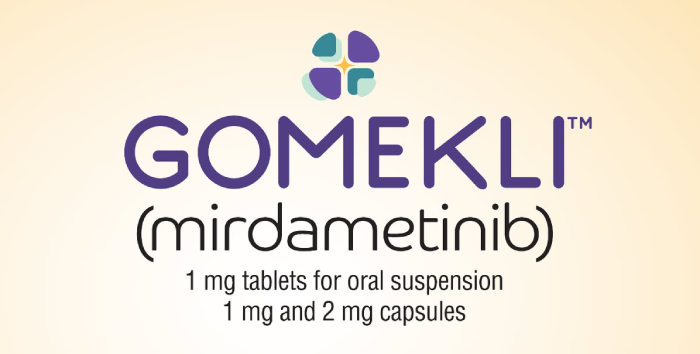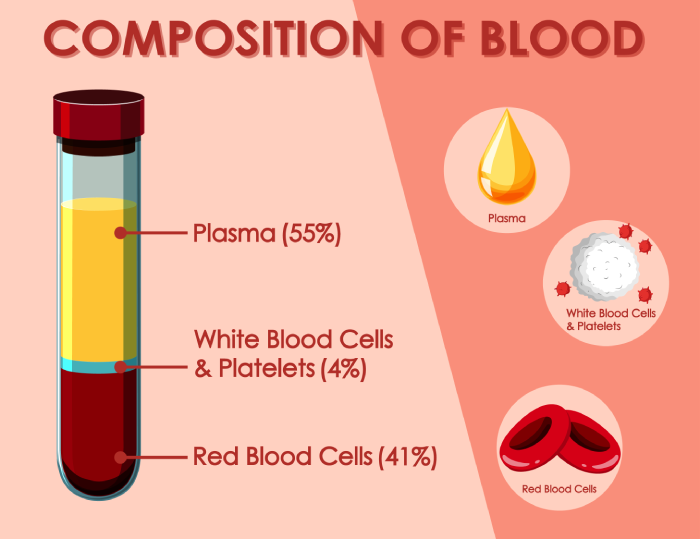Astaxanthin’s Potential Benefits on Inflammation Not Supported by Significant Health Improvements
A recent study, published in the Journal of the International Society of Sports Nutrition, has explored the potential benefits of astaxanthin supplementation for firefighters, a group notably subjected to various health risks due to the nature of their work. The study, conducted by researchers from Texas A&M University, was led by renowned sports nutritionist Dr. Richard Kreider, with notable contributions from Drew Gonzalez. The research highlights the health challenges faced by firefighters, including high levels of inflammation and increased risks of cardiometabolic disorders, and examines the effects of astaxanthin, a potent antioxidant, on these health issues.
Astaxanthin, a carotenoid found in algae, has garnered attention in recent years for its antioxidant properties. The research team investigated whether supplementation could help mitigate some of the health impacts commonly observed in firefighters. According to the study’s authors, firefighters face both physical and mental stress due to the nature of their work, coupled with exposure to harmful substances such as smoke and products of combustion. Additionally, disrupted sleep cycles contribute to increased inflammation, further elevating their risk for heart disease, stroke, and other metabolic disorders.
Given that previous studies have suggested astaxanthin may have antioxidant and anti-inflammatory properties, the researchers sought to determine whether these effects could extend to improve firefighters’ health. The study involved 20 full-time professional firefighters, with 15 participants completing the study. They were divided into two groups, with one group receiving a daily dose of 12 mg of astaxanthin, while the other received a placebo, over the course of 12 weeks. Blood samples were taken to measure markers of inflammation and oxidative stress, and participants also underwent physical testing, including a firefighting training exercise and a treadmill test.
While the researchers noted that astaxanthin supplementation appeared to reduce some of the inflammatory and oxidative stress associated with training, it did not have a statistically significant effect on cardiometabolic health markers or physical performance. Despite showing promise in certain measures, the study concluded that the effects of astaxanthin were not sufficient to significantly improve the health outcomes of the firefighters involved.
It’s important to note that the research was not funded by the company that produces astaxanthin, AstaReal, which manufactures the antioxidant from algae at a plant in Washington State. However, two of the researchers, Kreider and Gonzalez, are affiliated with the AstaReal Sports Nutrition Network, a group of scientists working on research related to astaxanthin. This connection, while noted in the paper, did not imply any financial influence on the study’s design or conclusions.
Commentary by YourDailyFit columnist Alice Winters

The study on astaxanthin supplementation for firefighters presents a nuanced view of the potential benefits and limitations of this carotenoid. While the antioxidant’s properties are well-documented in the laboratory setting, this study’s real-world application underscores the challenges in translating bench-top findings into significant clinical outcomes.
Astaxanthin, sourced from algae, has been a subject of growing interest due to its potent antioxidant properties, which may theoretically help with inflammation and oxidative stress. Given that firefighters face a range of health concerns, particularly related to inflammation and cardiovascular risk, it is understandable that a supplement like astaxanthin would be proposed as a potential intervention. The positive effects on certain inflammatory markers observed in this study may offer preliminary support for this hypothesis.
However, the lack of statistically significant improvements in cardiometabolic health and performance measures casts doubt on astaxanthin’s practical efficacy in this context. While the antioxidant did mitigate some inflammatory markers, it did not lead to improvements in the firefighters’ overall health profile or physical performance—a key expectation for any health-related supplement aimed at such a physically demanding occupation.
One of the primary takeaways from this study is the discrepancy between controlled, laboratory-based studies and real-world applications. Astaxanthin’s positive effects on inflammation are established in isolated environments, but this does not necessarily mean that the same effects will manifest in real-world, complex environments like those encountered by firefighters. The firefighters’ high-stress jobs, irregular sleep patterns, and toxic exposures make their health challenges multifactorial, and it’s unlikely that any single supplement, including astaxanthin, can address them in a clinically meaningful way without broader lifestyle and environmental changes.
Additionally, while the study’s design appears rigorous—using a double-blind, placebo-controlled, crossover model with measurable biomarkers—its small sample size (15 participants completing the study) limits the generalizability of its results. This small sample size is a common limitation in clinical trials of specialized populations but remains a crucial factor in interpreting the results. Larger trials with more diverse populations would help clarify whether astaxanthin supplementation could be more effective in the long term.
Lastly, the potential conflict of interest raised by the involvement of researchers connected to AstaReal, the producer of astaxanthin, should be noted. While the study claims the researchers were not funded by AstaReal, the affiliation might still lead some to question whether the research design and interpretation could have been subtly influenced. While there’s no direct evidence of bias, the connection warrants transparency and careful consideration when evaluating the study’s findings.
In conclusion, this study provides valuable insight into the limitations of supplementation as a health intervention for firefighters. While astaxanthin shows some promise, particularly in reducing inflammation, its overall benefits in improving health and performance appear to be overstated. This underscores the need for further research and a more comprehensive approach to improving the health and well-being of those in high-risk professions like firefighting.



